The Bleakest Endings in Gaming: When Victory Feels Like Defeat
Dark, emotional storytelling in 2025 games explores futility and sacrifice, challenging traditional notions of victory with haunting, authentic narratives.
In the landscape of interactive storytelling, some games defy the expectation of triumphant resolutions. These narratives plunge players into worlds where effort and sacrifice yield no redemption, only haunting ambiguity or pyrrhic victories. The allure lies not in escapism but in raw emotional authenticity—forcing players to confront uncomfortable truths about futility, sacrifice, and the fragile nature of hope. As 2025 unfolds, these titles remain unforgettable not despite their darkness, but because of it. They linger like scars, challenging the very notion of winning.
Enderal: It's The End Of The World As We Know It
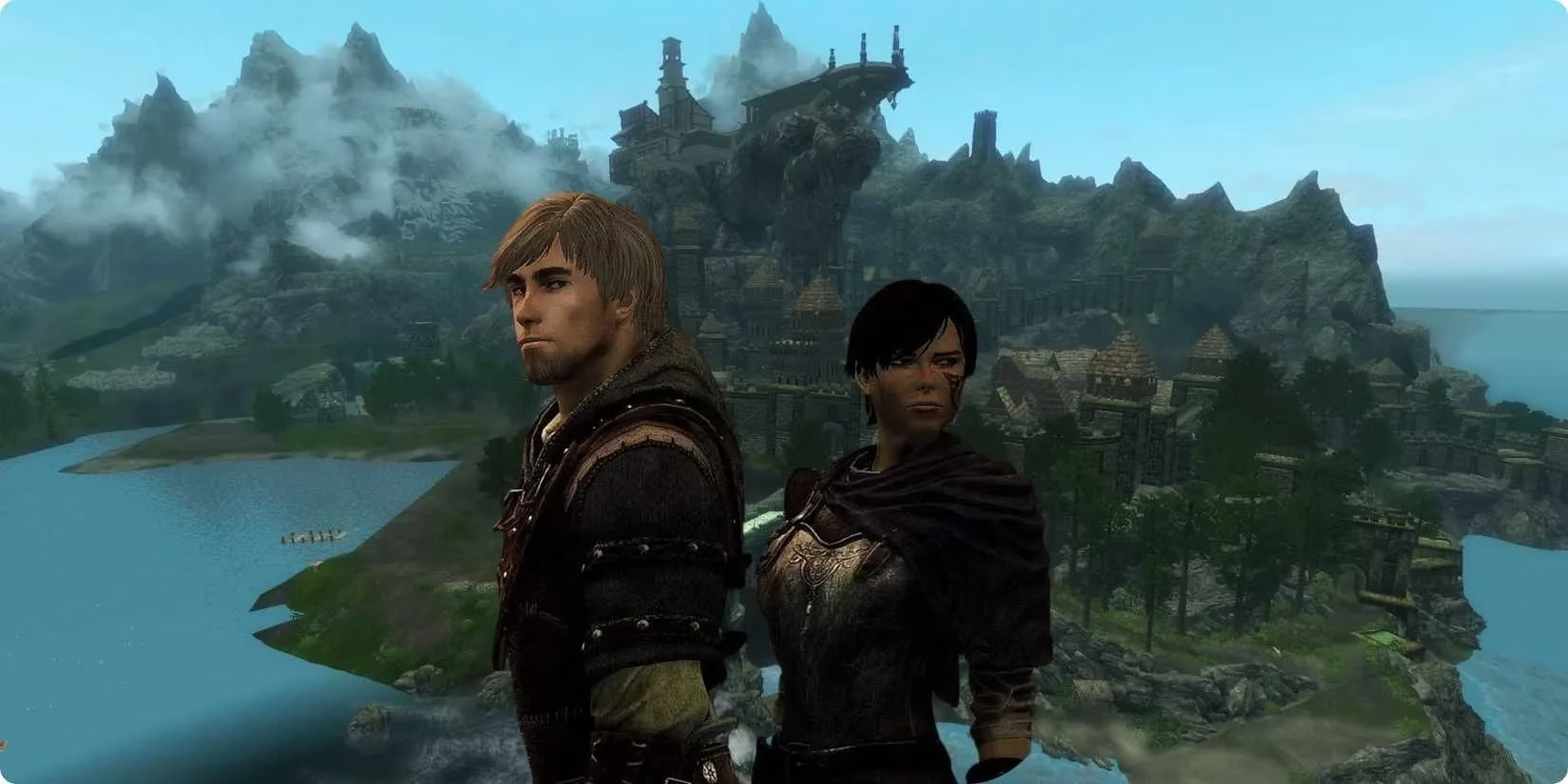
Built on Skyrim's engine yet stripped of its whimsy, Enderal crafts a chilling descent into cosmic horror. The looming Cleansing—an apocalyptic event—drives players through disturbing encounters: a town preserved in a mutated child's psyche, the enigmatic Aged Man, and the unsettling Black Guardian. The finale offers only brutal choices: sacrifice yourself to halt the Cleansing, flee to a dying sky-city with one companion, or consume an Elixir for ambiguous survival. Each path forces players to witness allies consumed by rapture, rendering heroism a hollow concept. No victory here, just variations of extinction.
Mass Effect 3: Choose Your Color, Commander
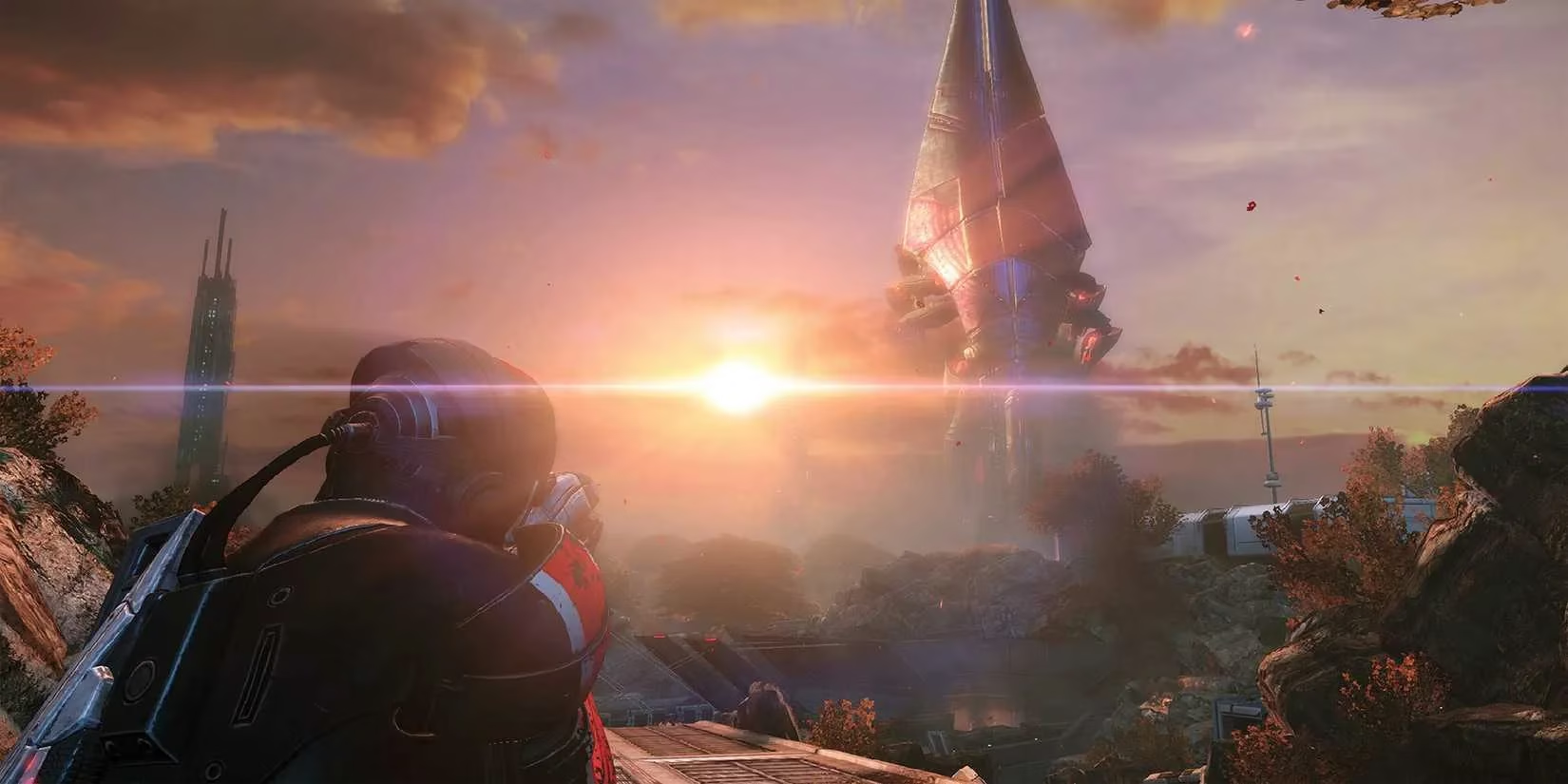
After three games battling Reapers to save organic life, Commander Shepard confronts the Catalyst—a cosmic arbiter offering four bleak solutions. 🔴 Destroy the Reapers (and all synthetic beings), ending the cycle but killing Shepard. 🔵 Control the Reapers, becoming their new godlike overseer. 🟢 Synthesize organic and synthetic life, erasing free will galaxy-wide. Or shoot the Catalyst, dooming the next cycle. Even "synthesis," framed as peace, ignores the trilogy’s core theme: coexistence through choice, not forced unity. The Reapers win by design; players merely pick their apocalypse flavor.
Final Fantasy 16: An Incomplete Martyr
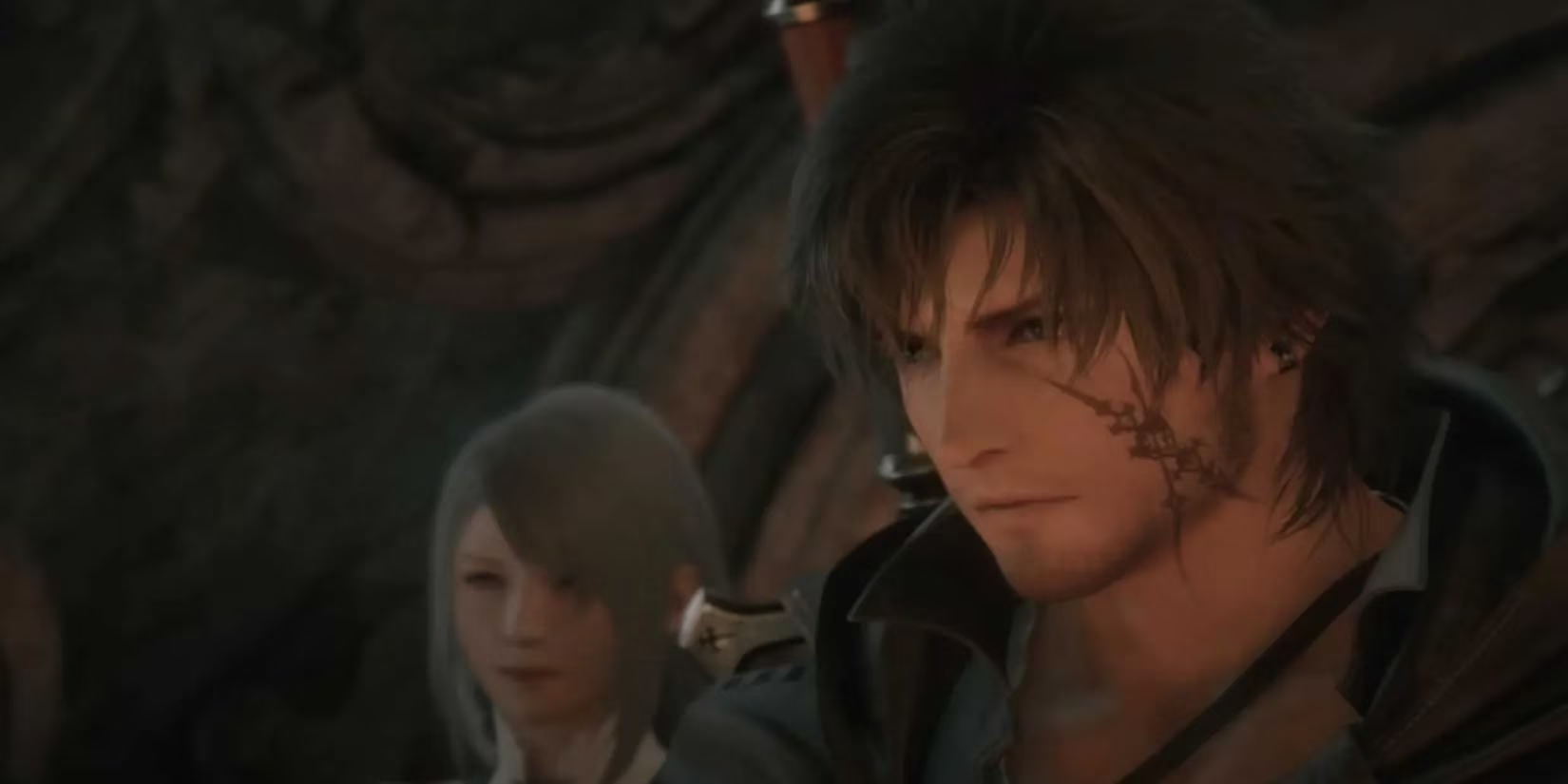
Clive Rosfield’s battle against godlike Ultima ends with poisoned triumph. To win, he absorbs Ultima’s essence—cursing himself with the same Eikon-corruption that killed his kin. The final beach scene shows him succumbing, coughing blood as the world’s fate hangs unresolved:
-
What became of Ultima’s fleeing Black Mist?
-
Did the sinister Undying achieve their goals?
-
Was this sacrifice worth a doomed world?
A distant future glimpse offers no answers, only poetic ambiguity. Clive’s martyrdom feels less like salvation and more like a pause button on oblivion.
Elden Ring: Heavy Lies the Crown
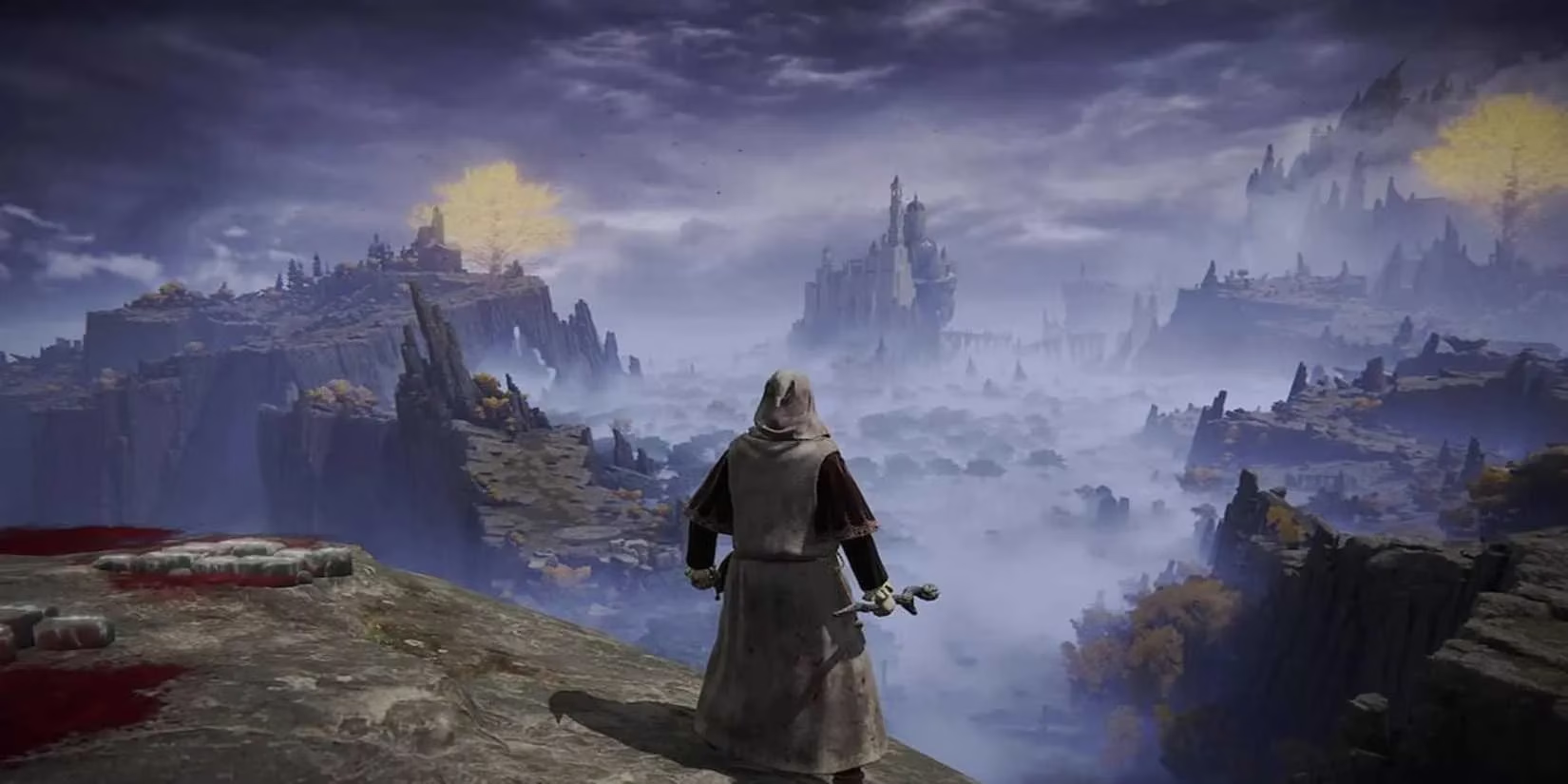
Becoming Elden Lord isn’t a victory—it’s a gilded curse. Across six endings (Frenzied Flame, Age of Stars, etc.), players witness predecessors like Godfrey and Radagon: once-noble rulers now grotesque, mindless husks guarding the Erdtree. Your fate mirrors theirs. Whether ushering in order, chaos, or cosmic balance, you’ll inevitably decay into another boss for future Tarnished to slay. The Lands Between’s cycle of decay is unbreakable. Ascension? More like signing a contract for eternal damnation.
Bloodborne: The End of The Hunt
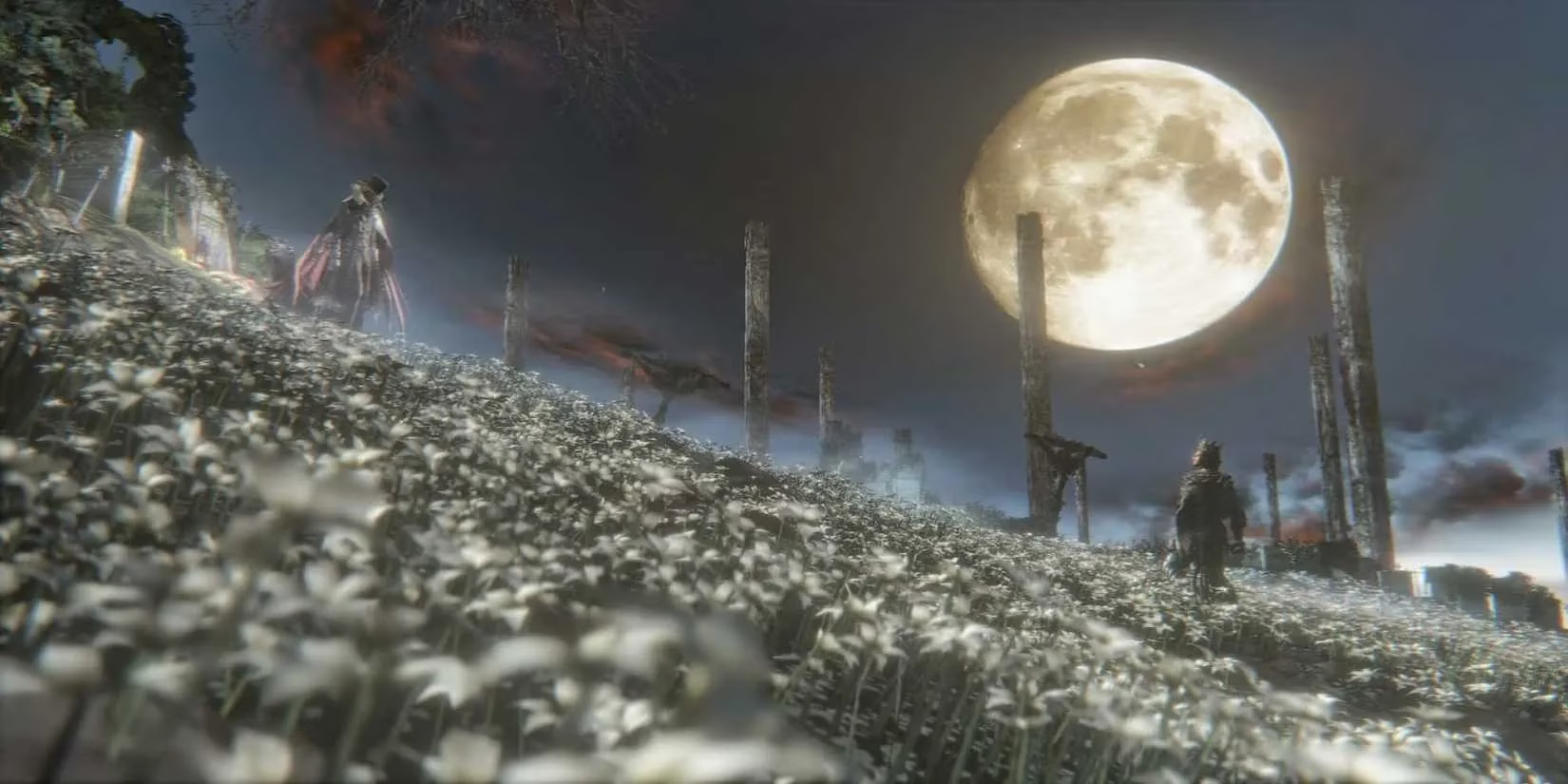
Yharnam’s nightmarish hunt concludes with three lose-lose scenarios:
-
💀 Accept Gehrman’s mercy kill: Wake in daylight, but the Beast Scourge continues.
-
⚔️ Defy Gehrman: Kill him, then get devoured by the Moon Presence—game over.
-
🐙 Embrace Great Ones: After an obscure quest, become a squid-god infant.
"Winning" means either perpetuating cycles or transcending humanity into cosmic irrelevance. The hunt never ends; it just changes hunters. Even ascension trades humanity for alien horror.
Red Dead Redemption 2: A Noble Sacrifice
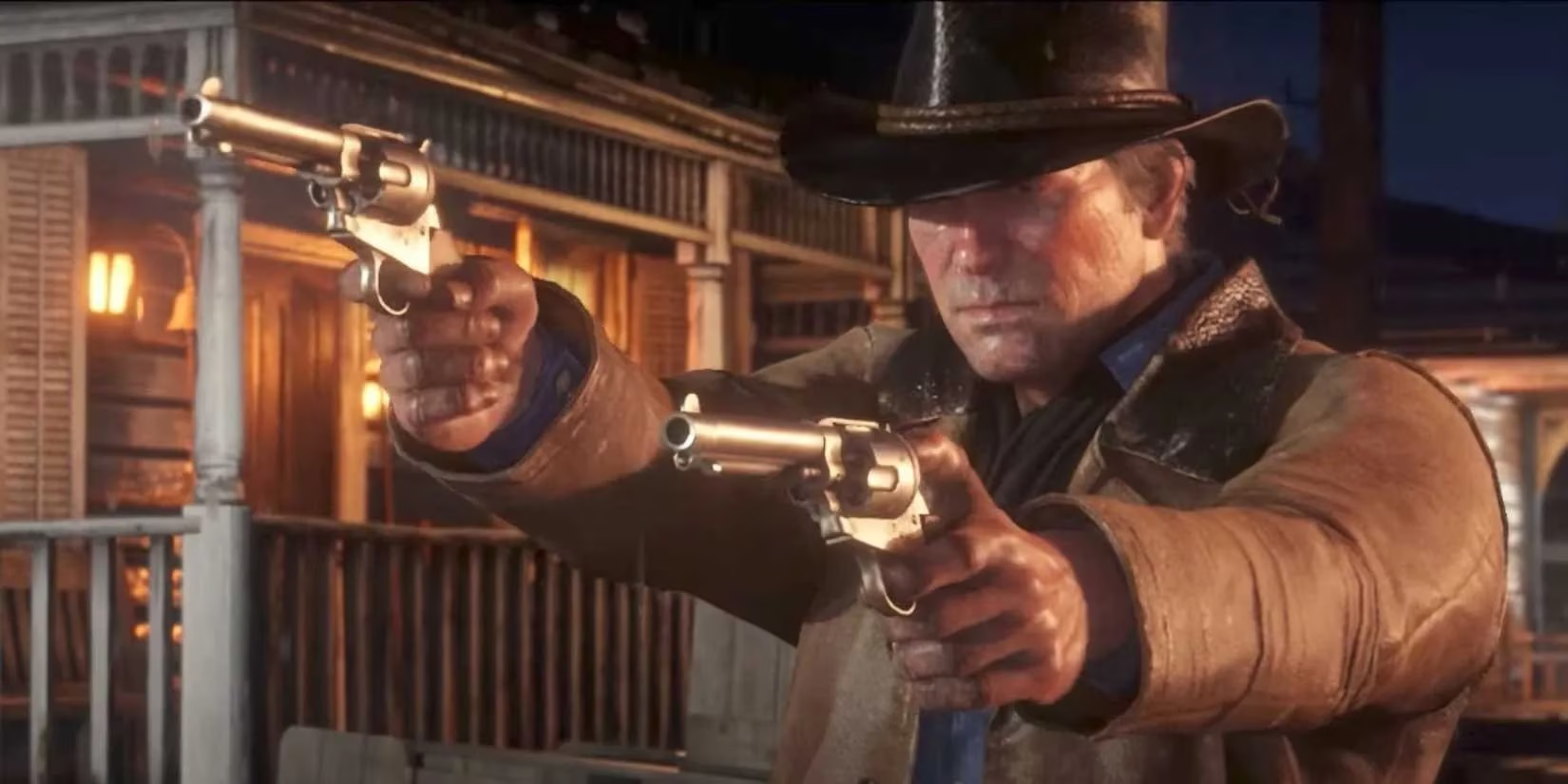
Arthur Morgan’s arc crescendos with inevitable tragedy. Choosing to save John Marston or chase dying dreams, Arthur always dies—beaten, sick, and betrayed. Saving John feels heroic… until players recall Red Dead Redemption 1: John’s family still gets massacred. Arthur’s sacrifice delays the inevitable by years, not decades. The West’s lawlessness swallows everyone; outlaws don’t retire, they just choose their graves. Rockstar’s masterstroke? Making players cherish a doom written before the first bullet fires.
Spec Ops: The Line: Arc of Darkness
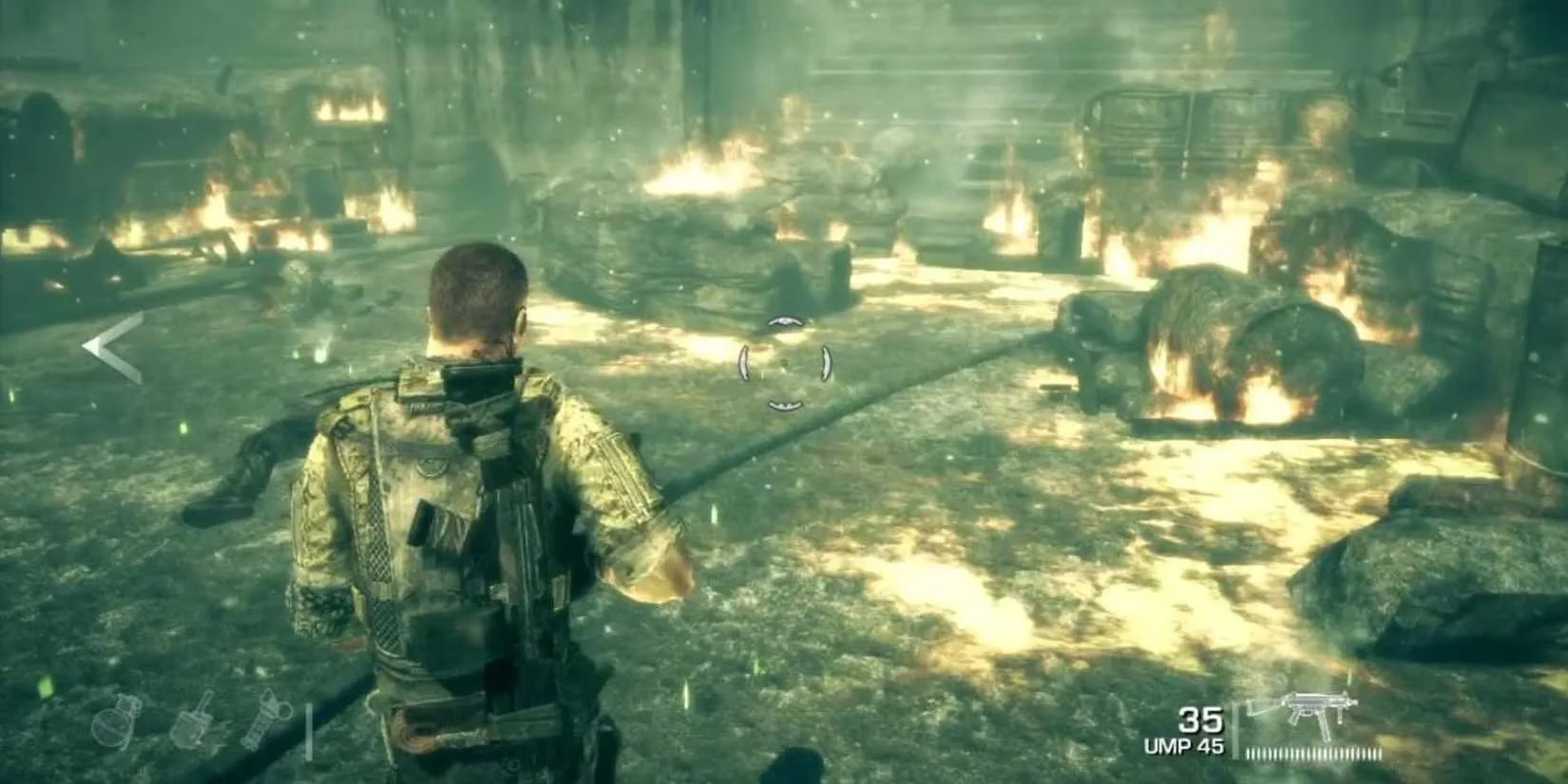
Captain Walker’s Dubai descent isn’t a mission—it’s a autopsy of war’s soul. By the end, choices are psychological traps:
-
🔫 Suicide: Accept your complicity in atrocities.
-
😈 Rule Dubai: Become the villain you hunted.
-
🏳️ Surrender: Live with irreparable guilt.
No path absolves Walker; he’s damned by white phosphorus and hallucinations of a dead colonel. The real enemy wasn’t insurgents—it was the lie of heroism. Winning? A myth shattered by your own war crimes.
The Last of Us Part 2: Too Far Gone
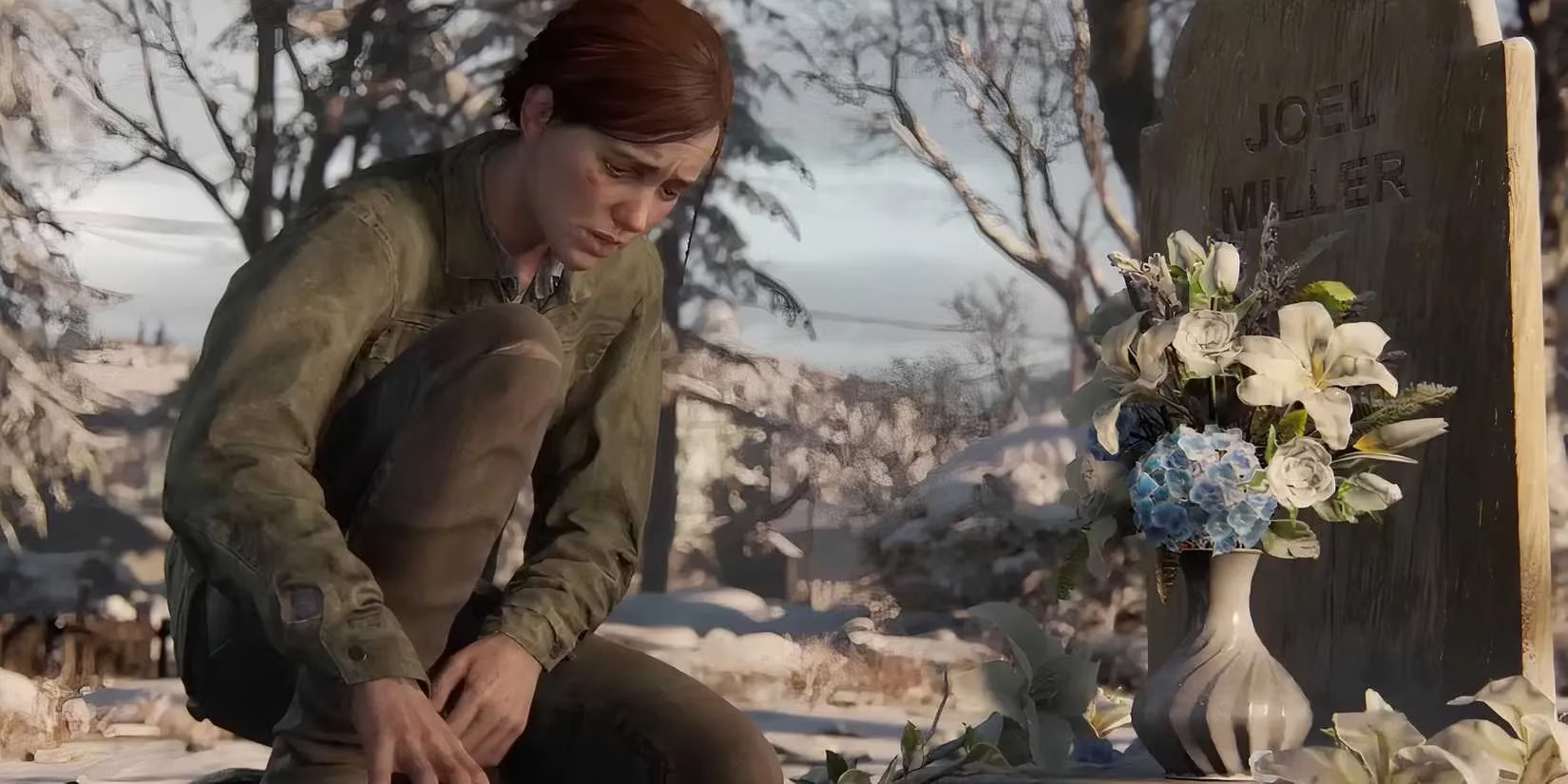
Ellie’s quest for revenge implodes into total loss. Sparing Abby on that rain-soaked beach costs her everything: Dina leaves with their child, Joel’s ghost haunts her guitar-less fingers, and the infected world grinds on. Abby rows toward uncertain freedom, but Ellie’s return to an empty farmhouse crystallizes the tragedy—violence solved nothing. She traded family for fury and got neither closure nor peace. In a world where love equals vulnerability, survival feels like solitary confinement. The real pandemic? The human capacity for self-destruction.
Death Stranding: Delaying the Inevitable
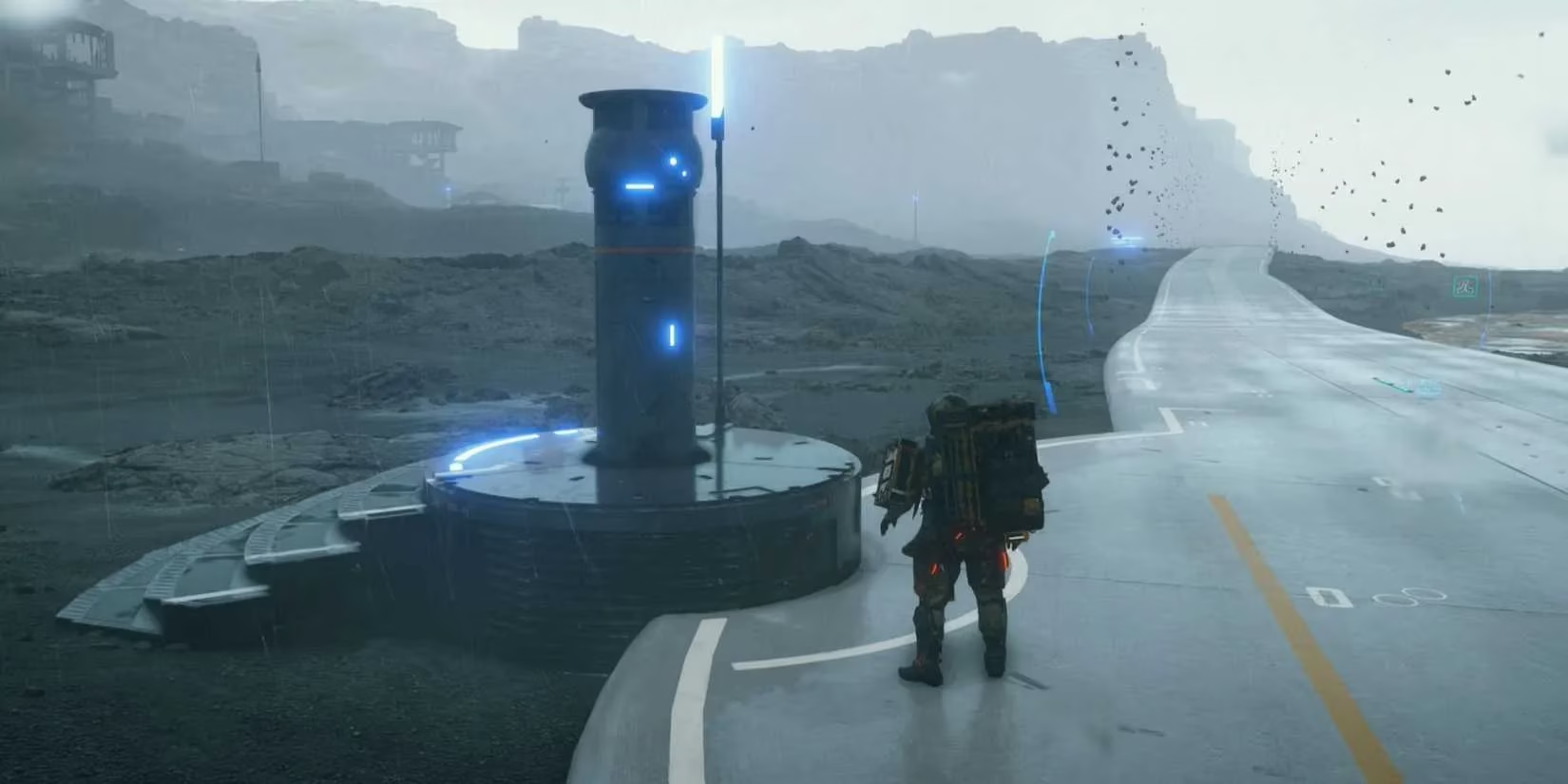
Sam Porter Bridges’ cross-America odyssey ends not with salvation, but a stay of execution. Reconnecting the UCA inadvertently speeds Amelie’s extinction plan. His tearful plea wins humanity mere extra time—hours? Years?—before the inevitable voidout. The BBQs and bridges built? Meaningless against cosmic entropy. Kojima’s thesis: Connection delays doom but can’t defeat it. Even the sequel’s 2025 release underscores this—delaying endings is gaming’s new normal. Hope isn’t a destination; it’s a countdown.
Assassin's Creed Valhalla: History Gets In The Way
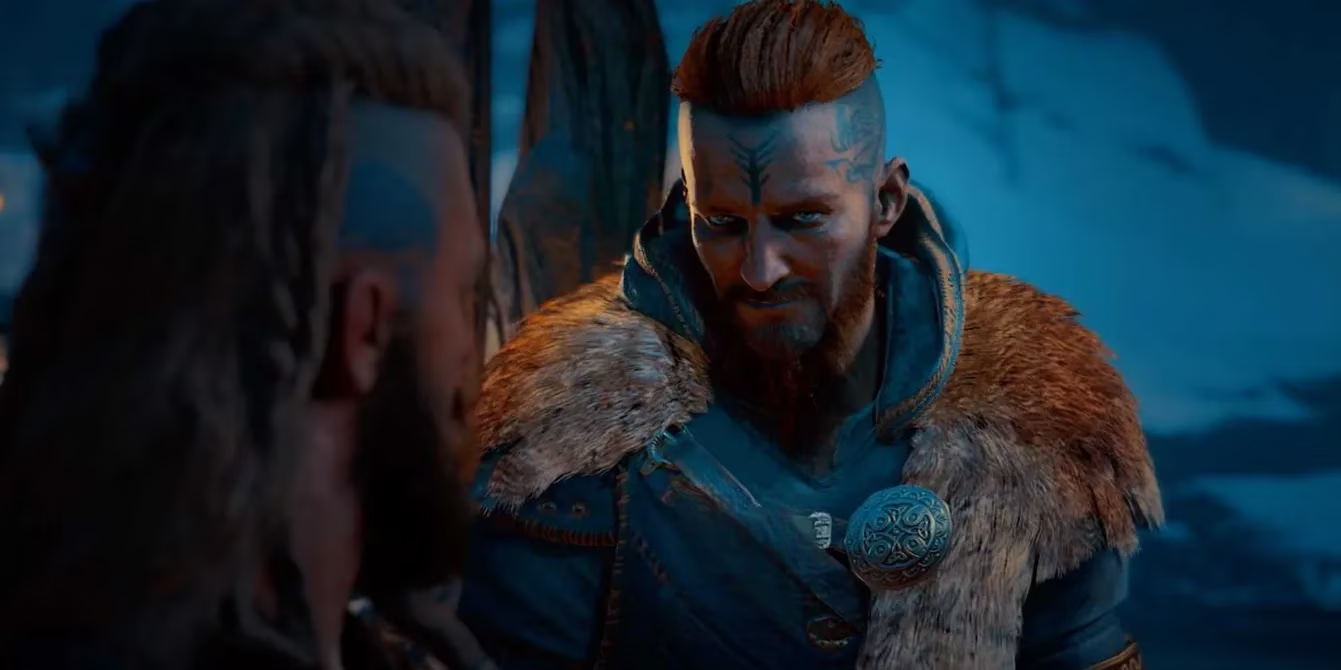
Eivor’s 100-hour saga climaxes with historical anticlimax. King Alfred escapes the final battle, undermining every alliance forged and raid won. Why? History demands it—Alfred died later, in bed. Ubisoft’s fidelity to records robs players of catharsis; Eivor’s clan thrives, but the arch-nemesis remains free. Victory becomes a checklist, not a finale. For a series about altering history through shadows, Valhalla’s ending is a stark reminder: Some narratives are too rigid for player agency. Sometimes, history’s indifference is the ultimate boss.
These games haunt precisely because they reject fairytale finales. In a medium obsessed with power fantasies, they dare to ask: What if effort changes nothing? What if survival is the loss? As 2025's sequels and reboots chase nostalgia, these endings stand as grim monuments to storytelling bravery—where the only trophy is despair, masterfully rendered.